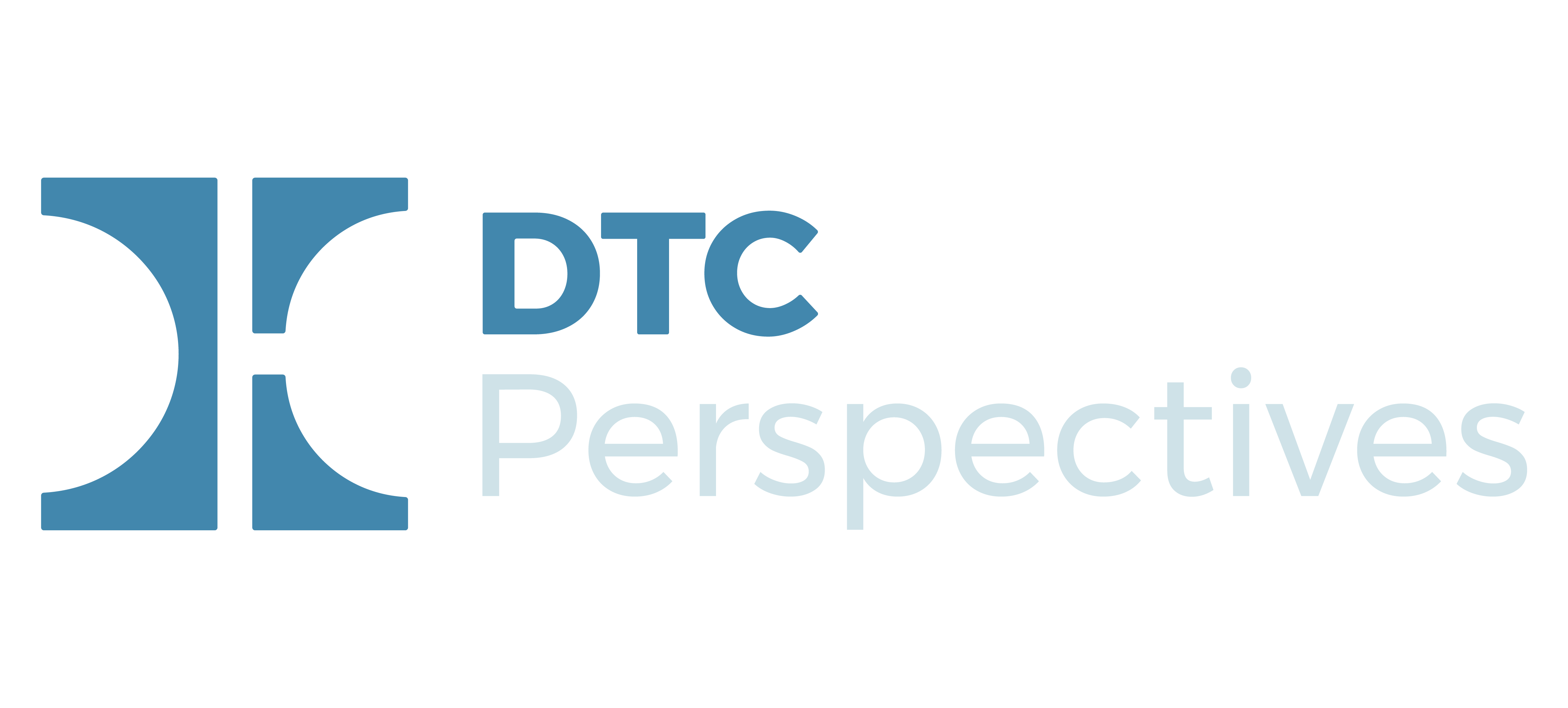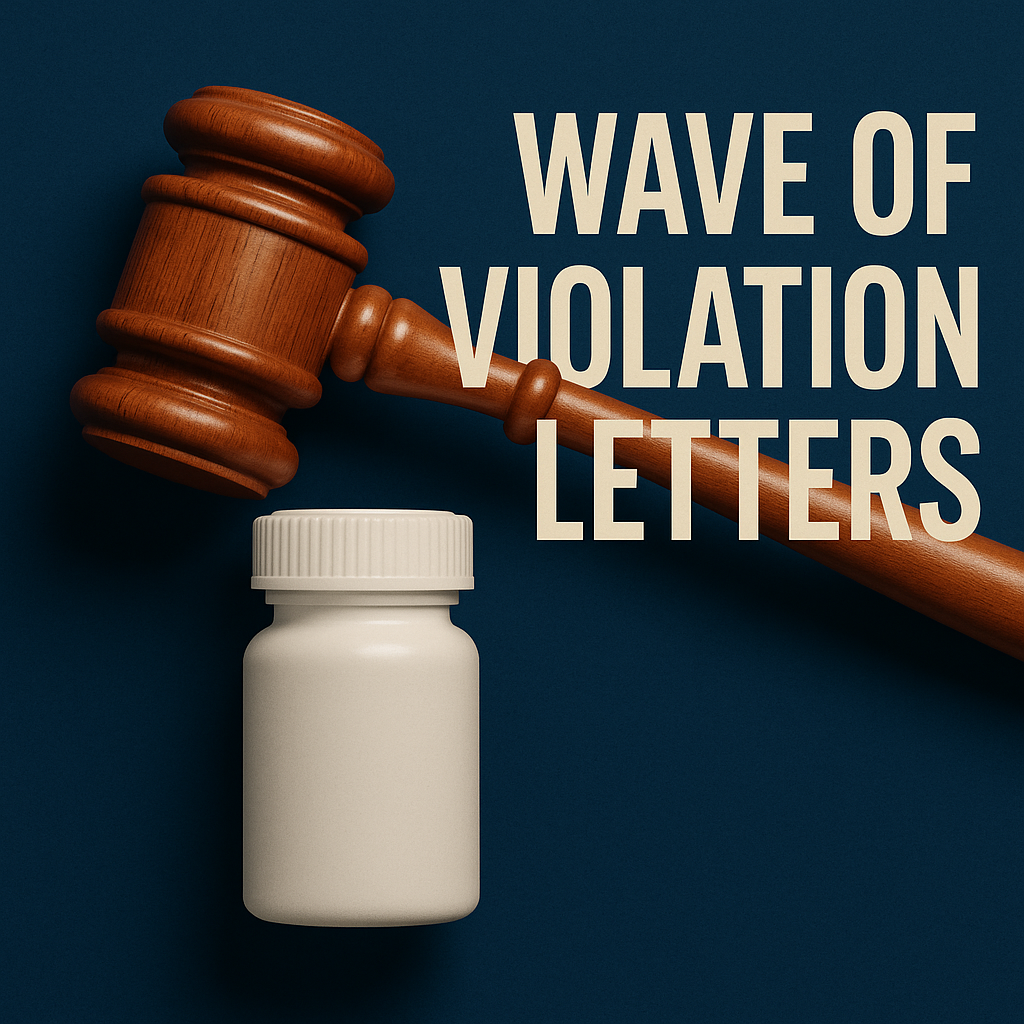When Robert F. Kennedy Jr. was nominated, I wrote that FDA could slow direct-to-consumer (DTC) advertising simply by finding more ads violative. Reviews are subjective: an ad can be flagged for over-promising efficacy or for distracting visuals during fair-balance disclosures. It now appears OPDP reviewers have been told to be tougher—and the flood of letters proves their intent.
The FDA just released a raft of untitled letters on television DTC ads, citing about 25 branded spots. Normally I’d discuss each case, but given the volume and similarity, it’s more useful to focus on the recurring themes.
OPDP now concludes many ads are misleading because they overstate a drug’s effectiveness—not through a specific false claim, but through the overall impression. Too often, ads show patients transformed into active, happy, contented people, while real-world benefits are more nuanced.
“OPDP is now prosecutor, jury and judge. That is our new regulatory reality.”
Other frequent violations involve fair balance: distracting visuals, rapid scene changes, or supers that are hard to read. Many of the ads now criticized were pre-cleared before airing. What passed once is suddenly unacceptable.
These new violations are a royal pain for marketers, but most are fixable without lengthening commercials. OPDP essentially wants ads to tone down net efficacy impressions and run very plain, even boring, fair-balance segments. This looks like the opening shot in a sustained OPDP campaign to discourage TV use by making ads harder and costlier to produce.
It feels unfair to penalize ads that regulators previously approved. Yet HHS signals a new sheriff in town: Kennedy and his deputies intend to “gun for the bad guys.” Drugmakers will have to rethink the creative vehicles that make commercials engaging. “Fun on the beach” may give way to “fun in the nursing home.”
Expect many more letters. Most DTC advertisers should assume one is coming. And because OPDP now acts as prosecutor, jury, and judge, it will be hard to rebut such subjective assessments. That is our new regulatory reality.



